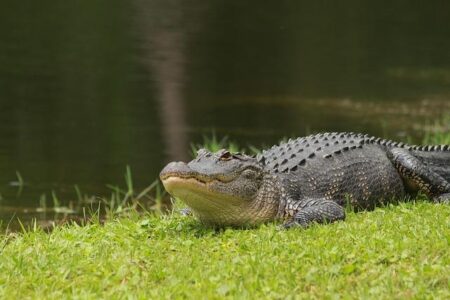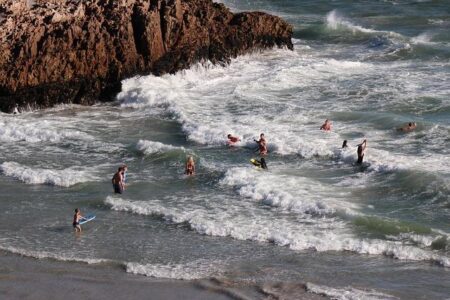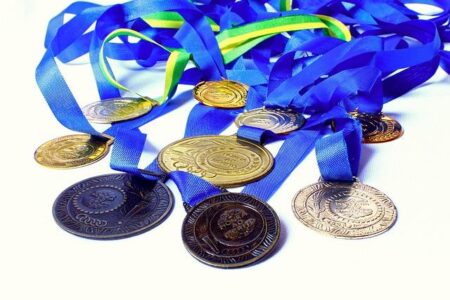Russian swimming has reached a historic milestone as Egor Kornev shattered records by becoming the first-ever Russian athlete to complete the 50-meter butterfly in short course meters (SCM) in under 22 seconds. This breakthrough performance marks a significant achievement in the nation’s swimming history, showcasing Kornev’s extraordinary speed and promising a new era of competitive excellence for Russia on the international stage.
Egor Kornev Sets Historic Milestone in Short Course Meters 50 Fly
In a groundbreaking performance that has sent ripples through the swimming community, Egor Kornev shattered the existing Russian record by becoming the first athlete from his country to break the coveted 22-second barrier in the Short Course Meters (SCM) 50-meter butterfly. Clocking a stunning 21.98 seconds, Kornev dramatically redefined national benchmarks and solidified his status among the world’s elite sprint butterflies. This feat not only highlights his extraordinary talent and dedication but also positions Russia as a formidable contender on the international sprint butterfly stage.
Beyond the raw time, Kornev’s swim was a masterclass in explosive power and streamlined technique. Analysts noted several key attributes that contributed to his historic swim, including:
- Perfect breakout timing: maximizing momentum off the wall
- High stroke rate: maintaining speed without sacrificing efficiency
- Strong underwater dolphin kicks: gaining critical meters at race start
| Athlete | Time (seconds) | Country |
|---|---|---|
| Egor Kornev | 21.98 | Russia |
| Previous Russian Record | 22.04 | Russia |
– High stroke rate maintaining speed efficiently
– Strong underwater dolphin kicks, crucial at the start of the race
The accompanying table compares Kornev’s new record time of 21.98 seconds to the previous Russian record of 22.04 seconds, underscoring the significance of his accomplishment.
Breaking Down Kornev’s Technique and Training That Shattered the Record
Egor Kornev’s unprecedented feat in the 50-meter butterfly did not come by chance; it was the result of a meticulously crafted technique coupled with a rigorous training regimen. Central to his success is an emphasis on explosive starts and a streamlined underwater phase, maximizing momentum off the blocks. Kornev’s dolphin kick, executed under the surface, maintains an optimal balance between power and efficiency, allowing him to surge ahead early in the race. His stroke rate, finely tuned through biomechanical analysis, minimizes drag while maximizing propulsion – a combination that proves critical in sprint events where every millisecond counts.
Behind the scenes, Kornev’s training is a blend of traditional endurance work and cutting-edge performance science. His sessions incorporate:
- High-intensity interval training (HIIT) focused on anaerobic capacity
- Specialized strength workouts targeting core and shoulder stability
- Video-driven technique refinement using slow-motion feedback
- Recovery protocols involving cryotherapy and controlled hypoxic breathing
| Training Component | Focus Area | Weekly Frequency |
|---|---|---|
| HIIT Swimming Sets | Anaerobic Power | 4 sessions |
| Strength & Conditioning | Muscular Endurance | 3 sessions |
| Technique Drills | Stroke Efficiency | 5 sessions |
| Recovery Protocols | Muscle Regeneration | Daily |
What Young Swimmers Can Learn From Kornev’s Record-Breaking Performance
Egor Kornev’s groundbreaking achievement in breaking the 22-second barrier in the SCM 50m butterfly provides a powerful lesson in precision and dedication for young swimmers. His performance underscores the importance of mastering technical elements such as start explosiveness, underwater dolphin kicks, and stroke efficiency. These components may seem small individually, but together they culminate in world-class speed. Aspiring swimmers should focus on refining these details during training to drastically cut their times.
Moreover, Kornev’s journey serves as a reminder of the critical role that mental resilience and consistent practice play in reaching elite levels. His ability to push past psychological barriers and maintain composure under pressure highlights that mental toughness is as important as physical conditioning. Young athletes can take inspiration from his balanced approach by integrating regular goal-setting, stress management techniques, and recovery protocols into their routines.
- Focus on incremental improvements in start and turn techniques
- Prioritize underwater phase to maximize speed and minimize resistance
- Develop strong aerobic and anaerobic conditioning for sprint endurance
- Implement mental training to enhance race-day focus
- Adopt a data-driven approach by tracking lap splits and stroke count
| Key Takeaway | Benefit | Application Tip |
|---|---|---|
| Start Explosiveness | Gain valuable milliseconds off the block | Practice reaction drills and plyometrics |
| Underwater Dolphin Kicks | Maintain speed with reduced drag | Increase kick sets with focus on amplitude and frequency |
| Mental Resilience | Stay calm under competitive pressure | Include visualization and breathing exercises in training |
Key Takeaways
Egor Kornev’s groundbreaking achievement not only sets a new benchmark in Russian swimming but also signals the emergence of a formidable talent on the international stage. As the first Russian to break the 22-second barrier in the short course meters 50-meter butterfly, Kornev has firmly established himself among the elite in the sport. His record-breaking swim serves as a promising indicator for Russia’s future prospects in competitive swimming, with eyes now on how he will perform in upcoming national and global meets.





